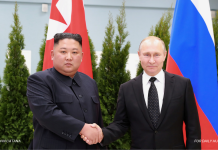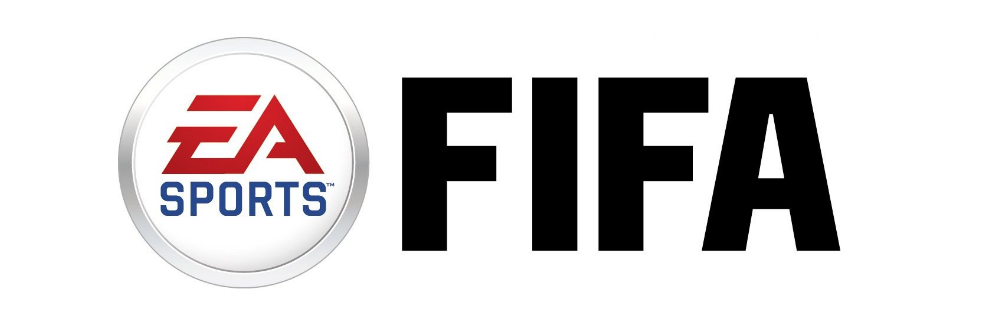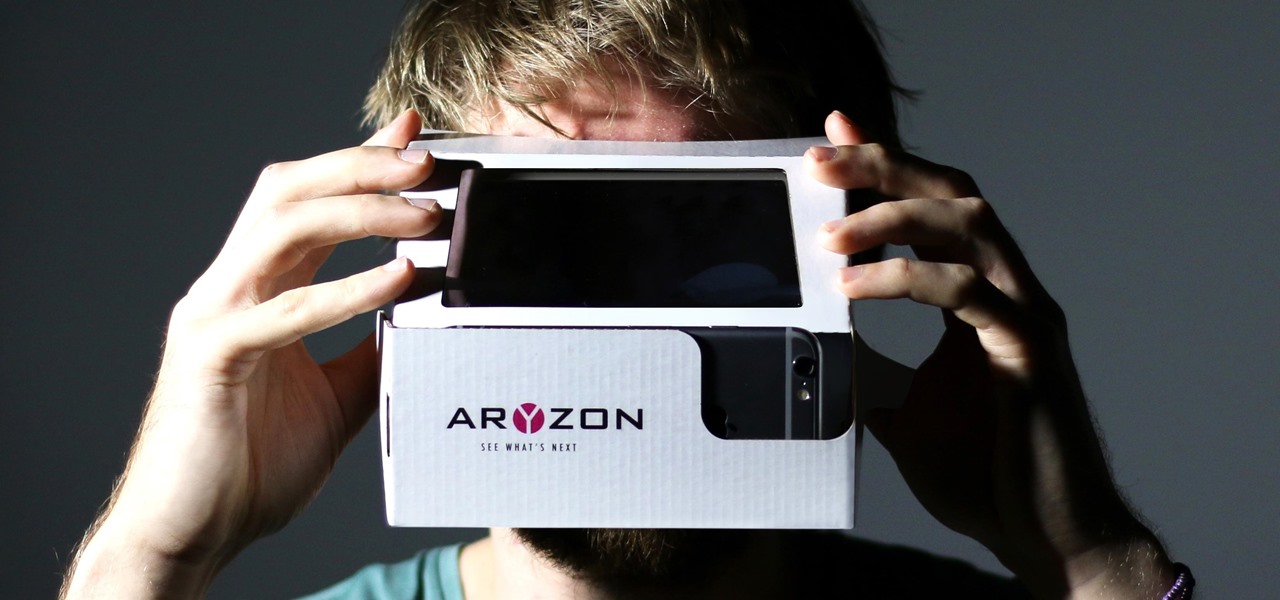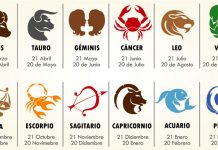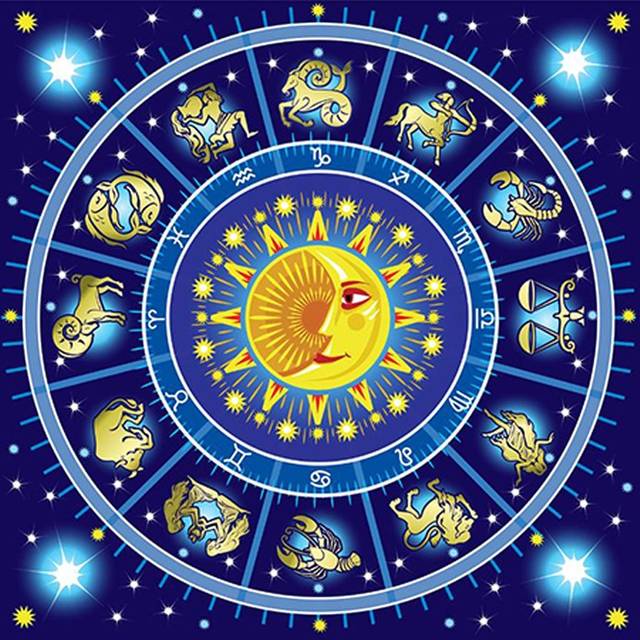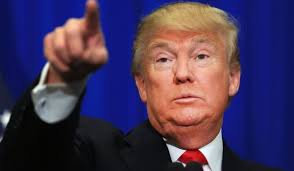You got top grades in school, you excelled through college, and you graduated with a first class degree from a tier one university. Surely that makes you intelligent, right?
Being amongst the standout performers on the educational front is certainly a sign that you’ve got a lot going on between your ears, but there are some major differences between having ‘book smarts’ and exhibiting true intelligence. These are:

1. Knowing Versus Understanding
“Any fool can know. The point is to understand.” – Albert Einstein
There is often a vast, gaping chasm between knowing something and understanding it in greater detail. You may know that combining chemical X with chemical Y produces a rather explosive result, but this knowledge is NOT the same as having a full, working grasp of why these particular chemicals react the way they do.
Knowing is superficial; it relies heavily on observation and memory. Understanding requires something altogether deeper; an inquisitive nature that seeks to explain why.
This why is an utterly essential part of understanding, it calls out to the truly intelligent minds, beckoning them to follow the clues to find it.
Breakthroughs are not born from knowledge; they come about through curiosity and the courage to make leaps of faith into the dark void of mystery. We’d still be living in caves if our ancestors hadn’t explored and expanded their capabilities by pursuing their inquisitive nature.
2. Taking Context Into Account
A fact is useless in isolation. Until you are able to explain how that fact relates to the many other threads that weave their way through a greater context, your intelligence remains limited.
I could tell you that ocean acidification is adversely affecting the ability of corals to form their skeletons. An interesting observation, no doubt, but not very helpful when taken in isolation. Until you look at the wider context and explain how this will impact the complex and diverse ecosystems that rely on these vital coral habitats, the standalone fact means little.
Intelligent people are more acutely aware of how a single piece of information relates to the bigger picture. They understand (there’s that word again) the relationship between things; or if they don’t, they try to figure it out. Book smart people tend not to worry so much about anything that falls outside the scope of their narrow field of thought.
3. The Emotional Perspective
There are, without doubt, many people out there who can wage a decent argument and defend their point of view against an opponent. Despite this, there are times when you’d be better off ceding your ground and defusing a situation with your humility and good grace.
Truly intelligent people can recognize these times and act accordingly. Those limited to book smarts aren’t always able to do so.
But why does it matter, you may be wondering? Well, it comes down to the interaction between knowledge and emotion. The key word here is balance. When your inner state is one of equilibrium, you are equipped to utilize your knowledge to its best effect. When you are overcome with emotion, the knowledge makes way for arrogance and stubbornness – traits that many would consider negative.
In a friendly debate, the truly intelligent person will be able to sense rising tensions and bring things to a close in a diplomatic way. In the absence of this emotional awareness, a debate can quickly spill over into a heated argument that serves neither party.
4. Consider The Other Person
The emotional acuity mentioned above plays another role in intelligence – it allows a person to consider the impact of their actions on others. Call it empathy, call it theory of mind, call it what you like, this ability to understand how one’s actions influence the outside world is not something you can learn from a book.
This aspect of intelligence is more natural, more innate than that of pure knowledge alone. It asks the individual to step into the shoes of another being and to see how they are feeling. This is then fed back into the decision-making process.
Without this pivotal aspect of a rounded intelligence, you end up with a blundering buffoon who relentlessly pursues his cause at the expense of all others. The type of person who says and does things that upset others and then can’t understand why they react in such a way.
5. Implementation
Book smarts can only take someone so far in life. After all, only through action and implementation of knowledge can anything be achieved. This step is where some rather academically bright people fall down. They simply do not have the wherewithal to put things into practice.
At this point they tend to find that their lives plateau and stagnate. They don’t have the practical or emotional nous to push themselves higher up the corporate ladder, and they lack the raw ambition and determination to forge their own path in business or otherwise.
Their gift for absorbing and recalling information cannot make up for their shortfall when it comes to putting plans into action.
6. Knowing You Know Nothing
Socrates is often, and incorrectly, quoted as saying “I am the wisest man alive, for I know one thing, and that is that I know nothing.” This idea points towards the final piece in the puzzle of true intelligence. You see, intelligence knows its own limits and, therefore, to rightly claim that you are intelligent, you must, in essence, be willing to admit that you know nothing at all.
This Socratic Paradox is a concept that those with book smarts alone often cannot fathom. To them it seems almost ludicrous to fill their heads with bites of information, only to then surrender them all to doubt. For that is essentially what an intelligent person does when they renounce their full understanding of the things they claim to understand.
Intelligence says: “I understand from my very limited point of view, but I yield the unequivocal understanding to the universe alone.”
Book smarts remains resolute in his knowledge and understanding and refuses to accept the possibility that he is wrong.
So there you have it. If you ever need to decide whether someone is truly intelligent or merely book smart, you can refer to these six points. The components are interlinked in such a way that intelligence requires all of them to be present to some degree or another.
~Credits~
Steve Waller is the founder of up and coming personal development portal A Conscious Rethink which serves as a one-stop resource for those looking to unleash their potential and enhance their lives. He and his team seek to help people tackle their problems and unblock the paths towards fulfillment and peace.


